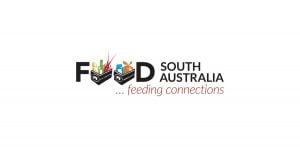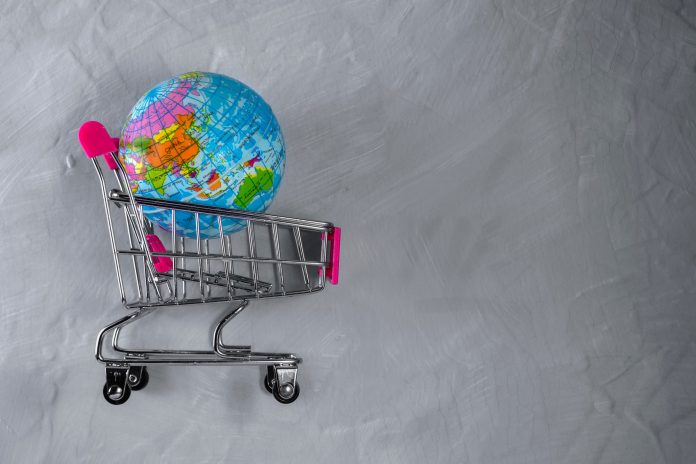
As we all know, the food and beverage industry is driven by constantly changing consumer demands. Food and beverage manufacturers ignore these trends at their peril.
By Food South Australia CEO Catherine Sayer.
Keeping up with consumer expectations and adapting product, packaging and market development strategies to meet their requirements, is perhaps one of the biggest challenges our industry is facing in 2021.
Most businesses have a focus on growth, and many define ‘growth’ itself more specifically as expanding markets, regardless of whether those markets are domestic or international. To ignore what the world data can tell us is clearly both a significant risk and, potentially, an enormous opportunity lost.
World trends and innovations can reveal key opportunities at a local level – and those opportunities may turn out to be essential to businesses surviving and thriving.
Food South Australia’s South Australia Food and Beverage Export Hub produces a regular report series developed specifically to give our state’s food and beverage industry stakeholders a snapshot of these global trends and insights into the local opportunities that may hide within.
The Export Hub Macro Trend Report Series is all about providing time-poor businesses with top level information to help them think beyond their category and to consider new opportunities for product innovation.
Each report includes a succinct overview of key trends, with examples of brands from around the world that are activating these trends, and insights into related consumer perspectives demonstrating how evolving consumer behaviour is driving new trends in Australia and around the world.
Recent Macro Trend Report topics include plant-based proteins and plant-based dairy products, the quest for immunity, sustainable development, and products designed to promote mental wellbeing.
Let’s take a look at just a few of the findings in these reports.
Right now, plant-based products are in the headlines. According to GlobalData’s 2019 global consumer survey, a third of consumers said that they are on a non-meat or low meat diet. Australia has one of the fastest growing vegan markets in the world.
Meanwhile, Covid-19 has accelerated consumer interest in immunity and wellbeing, with Google Trends data revealing growth of 670% in searches for ‘food’ and ‘immune system’ between February and March 2020. Sales of immune-boosting vitamin dietary supplements in the US, for example, increased by 25% in 2020.
Covid-19 has also driven interest in products that deliver mental health benefits. Euromonitor’s 2021 research shows 73% of global consumers rate depression and mental health as impacting their everyday life, while Mintel reports that more than half of all US consumers have either tried, or are interested in, functional food and drink that can aid sleep.
Then there’s the expectation that consumers’ preferred brands will have a comprehensive strategy for reducing waste, caring for their workforce and ethical, sustainable sourcing and production systems. This trend has also been given a push by Covid-19. In 2018, Innova Market Insights reported 65% of global consumers expressed an expectation that companies would invest in sustainability and this figure rose to 87% in 2019 – even before Covid-19 happened.
Adding to this mix is that there are about as many definitions of what ‘sustainability’ means as there are consumers wanting to know about it. What’s allowable in health claims is complex, let alone defining sustainability in a way that makes sense – and will fit on your packaging!
It seems consumers are looking now to their food and beverage products to deliver more and more benefits – running the gamut of nutritional benefits of individual ingredients all the way to whether the manufacturer is a good global citizen with strong sustainability credentials.
And if just the thought of staying on top of all this is overwhelming, you are not alone. Staying informed of and figuring out how to shift the marketing mindset from production-led to consumer-led is undoubtedly keeping more than a few business owners awake at night.
So, it is also interesting to find that feedback received through Food SA’s research into Covid-19 impacts and recovery strategies in the South Australian food and beverage sector has revealed that just under a quarter of manufacturers surveyed had been prompted by the disruption caused by Covid-19 to put a priority on developing stronger and smarter relationships with their customers and distributors. They are now reporting this has improved business and helped to stem and reverse early pandemic-related losses.
It’s important to remember that credible, timely information comes from both data services and from our networks. Combining strengthened supply chain relationships with putting our heads above the parapet to look around the world on a regular basis leads to more informed medium and long-term strategic development.
In short, it’s the difference between what you know and what you don’t know. And that’s very likely to be the difference between achieving those growth objectives… and not.
View the SA Food and Beverage Export Hub’s Macro Trend Reports and a range of other market resources at safoodbevexporthub.com.au/insights/, or contact Food SA at contact@foodsa.com.au.
 About Catherine Sayer
About Catherine Sayer
Catherine has led Food South Australia since it was established in 2010, passionately guiding the development of the industry’s peak body with a focus on industry growth and advocacy. She also is a member of, and chairs, several boards.
About Food South Australia
Food South Australia is the state’s peak body for the food and beverage industry, with a mission to support and sustain the industry in South Australia, helping businesses of all sizes to grow their markets, capability and industry connections. Food South Australia is independent, industry led, and membership based.



